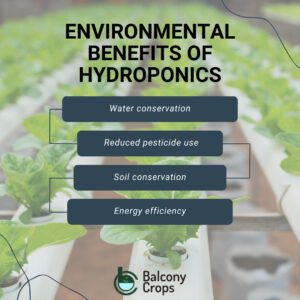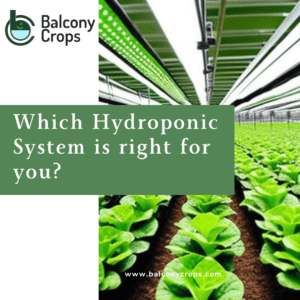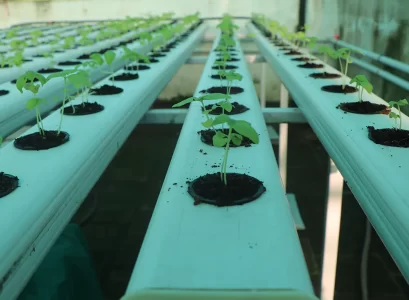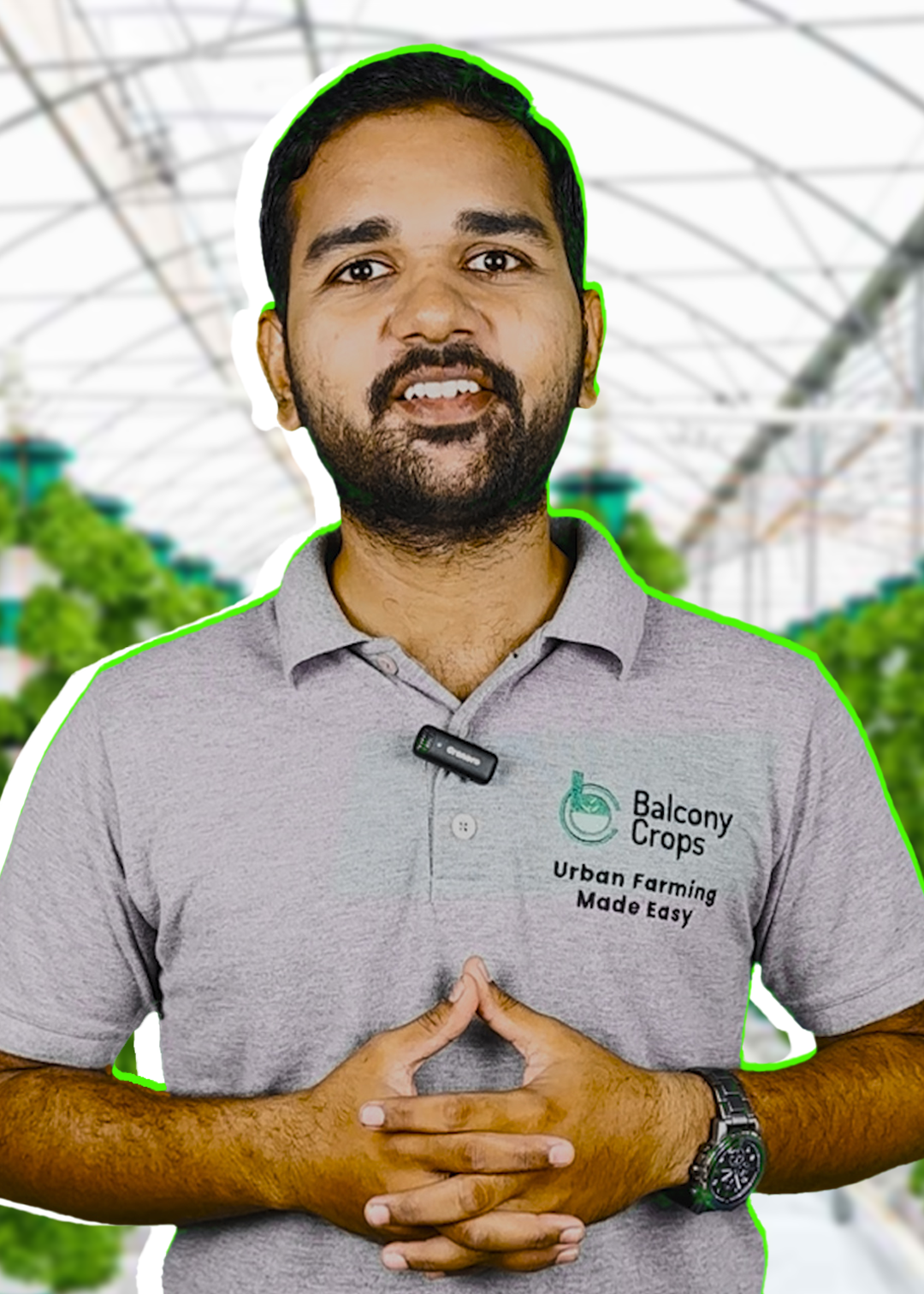Table of Contents
Introduction:
Hydroponics is a modern farming technique that has gained popularity in recent years. It involves growing plants in nutrient-rich water instead of soil, allowing farmers to produce high-quality crops with less space and resources.
In addition to the many benefits of hydroponic farming, there are also significant environmental advantages. In this blog post, we will explore the various ways in which hydroponic farming helps to conserve water, reduce pesticide use, conserve soil, and promote energy efficiency. We will also discuss how these environmental benefits can have a positive impact on our planet as a whole. By the end of this post, you will have a better understanding of the environmental advantages of hydroponics and be inspired to consider this modern farming technique for your own gardening needs. So, let’s dive in!
Environmental Benefits of Hydroponics:
Hydroponic farming has many environmental benefits that make it a sustainable and eco-friendly choice for modern agriculture. Here are some of the most significant advantages:

A. Water conservation:
One of the most significant environmental benefits of hydroponics is water conservation.
Traditional farming methods rely on soil to grow crops, which means that large amounts of water are required to irrigate the soil and keep the crops hydrated. This water is often drawn from freshwater resources, which can put a strain on local ecosystems and contribute to water scarcity in areas that are already facing water shortages.
In contrast, hydroponic farming uses up to 90% less water than traditional farming methods. This is because hydroponic systems recycle and reuse the water, reducing the overall water consumption. The water is continually cycled through the system, ensuring that the plants receive a steady supply of nutrients without any excess water being wasted. In addition, the water in hydroponic systems is often supplemented with nutrients, which means that less water is needed overall to grow healthy plants.
B. Reduced pesticide use:
Another significant benefit of hydroponic farming is reduced pesticide use.
Traditional farming methods rely heavily on pesticides to control pests and diseases that can damage crops. Pesticides are chemicals that are sprayed on crops to kill or repel insects, rodents, and other pests. However, the use of pesticides can have harmful effects on the environment, wildlife, and human health. When pesticides are sprayed on crops, they can drift and contaminate nearby water sources and soil, which can have serious consequences for the ecosystem.
In contrast, hydroponic farming relies on natural pest control methods that do not require the use of harmful chemicals. For example, beneficial insects such as ladybugs and lacewings can be introduced into the hydroponic system to control pests. In addition, organic pest control methods such as neem oil and garlic spray can also be used to keep pests at bay.
C. Soil conservation:
In traditional farming, soil is tilled and used to grow crops. This process can result in soil erosion, nutrient depletion, and decreased fertility over time. In contrast, hydroponic farming does not require soil and uses nutrient-rich water to grow plants.
The lack of soil in hydroponic farming means there is no need for soil preparation, tilling, or fertilization, which can lead to soil conservation. Moreover, hydroponic systems are designed to reuse the nutrient solutions, so there is no runoff or soil contamination, reducing the risk of environmental pollution.
In traditional farming, soil conservation can be achieved through various methods such as crop rotation, intercropping, and reduced tillage. However, these methods can be time-consuming, and the benefits may not be immediate. On the other hand, hydroponic farming is a closed system, and there is little to no waste generated, resulting in significant soil conservation advantages.
Additionally, hydroponic farming can be practiced in areas with poor soil quality or areas where traditional farming is not possible, such as urban areas with limited space. This allows for more efficient land use and reduces the need to clear natural land for farming, which can contribute to soil conservation on a larger scale.
D. Energy efficiency:
When it comes to energy efficiency, hydroponic farming has a clear advantage over traditional farming methods. In traditional farming, a significant amount of energy is required to prepare the land, plant the crops, and maintain the fields. Additionally, traditional farming often involves the use of heavy machinery, which requires fossil fuels to operate.
On the other hand, hydroponic farming can be designed to be highly energy-efficient by optimizing the use of resources such as water, nutrients, and light, thereby reducing the amount of energy required to grow the crops.
In fact, studies have shown that hydroponic farming can use up to 90% less water and up to 60% less energy than traditional farming methods. Furthermore, hydroponic farming systems can be set up in urban areas, reducing transportation costs and carbon emissions associated with shipping produce from rural areas to urban centers.
Conclusion:
Hydroponic farming is a promising solution to the environmental challenges facing modern agriculture. As the world’s population continues to grow, we need sustainable and efficient ways to produce food that don’t compromise the health of our planet. Hydroponics is a step in the right direction, offering a more sustainable, efficient, and eco-friendly approach to agriculture.
If you are interested in starting your own hydroponic garden or learning more about commercial hydroponic farming, you can contact us here and don’t forget to check out our hydroponic kits in Chennai. With our expertise in hydroponic gardening, we can help you get started on your journey to sustainable and eco-friendly agriculture.








